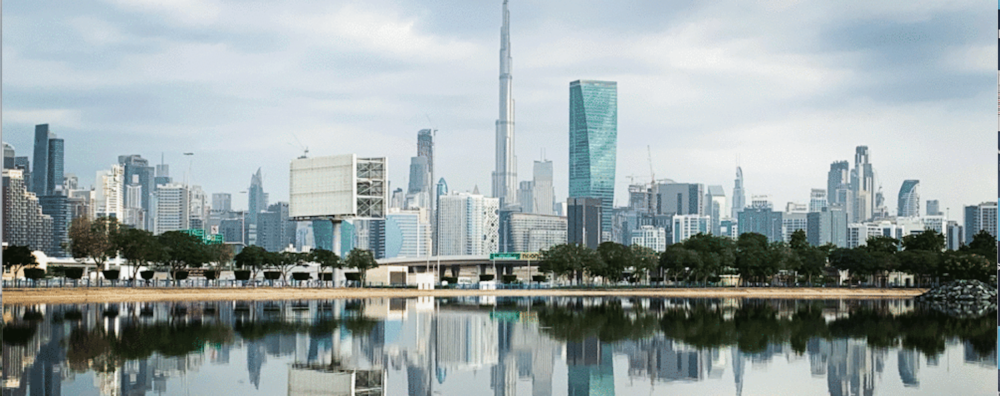
This won’t be my normal kind of post on this blog, but as today marks the inauguration of Joe Biden and Kamala Harris as president and vice-president of the US, it seems fitting to share something from the magazine and website I work on.
Love him or loathe him, President Trump has left a huge imprint on the Middle East in only four years.
Ever the deal-maker, he built strong relationships with the leaders in Riyadh, Cairo and Tel Aviv as he sought to counter rising Iranian influence across the region, and in 2018, removed the US from the Obama-era international Joint Comprehensive Plan of Action (JCPOA) to limit Iran’s nuclear programme.
At the same time, he implemented tough economic sanctions and targeted retaliatory strikes to exert maximum pressure on the Iranian region.
Although Trump’s proposed Middle East peace plan launched in January 2020 was universally panned as unfair and unviable, the normalisation of diplomatic relations between Israel and the UAE, Bahrain and Sudan represents major successes for Israel and a new reality for the Palestinians.
In many cases, such as with Israel and Iran, Trump has perhaps taken steps that more traditional politicians or diplomats may have wished for, but would have been unable to deliver. There is no doubt that he has changed the region.
President Biden will bring a different style to the one followed by Trump over the past four years.
Biden’s Middle East policy will see a return to multilateral diplomacy to reduce geopolitical tensions between Riyadh and Tehran, and to counter a resurgence in Islamic extremism.
Iran will feature at the top of Biden’s regional agenda. Biden has said he intends to re-enter the JCPOA, so long as Iran comes into compliance with the terms of the agreement.
He will also seek to use US influence to pressure Middle East leaders to increase humanitarian effort in Yemen and other conflict areas, and to promote human rights and other democratic freedoms.
You can read more about the geopolitical implications of the new presidency by downloading the infographic above.
The biggest lesson of the Trump era in the Middle East, and around the world, is perhaps that US foreign policy will no longer be seen to be consistent.
Politicians now know that US policy can change radically every four years, and that one-time allies can suddenly find themselves isolated, while longstanding foes, such as North Korea, can become apparent friends.

